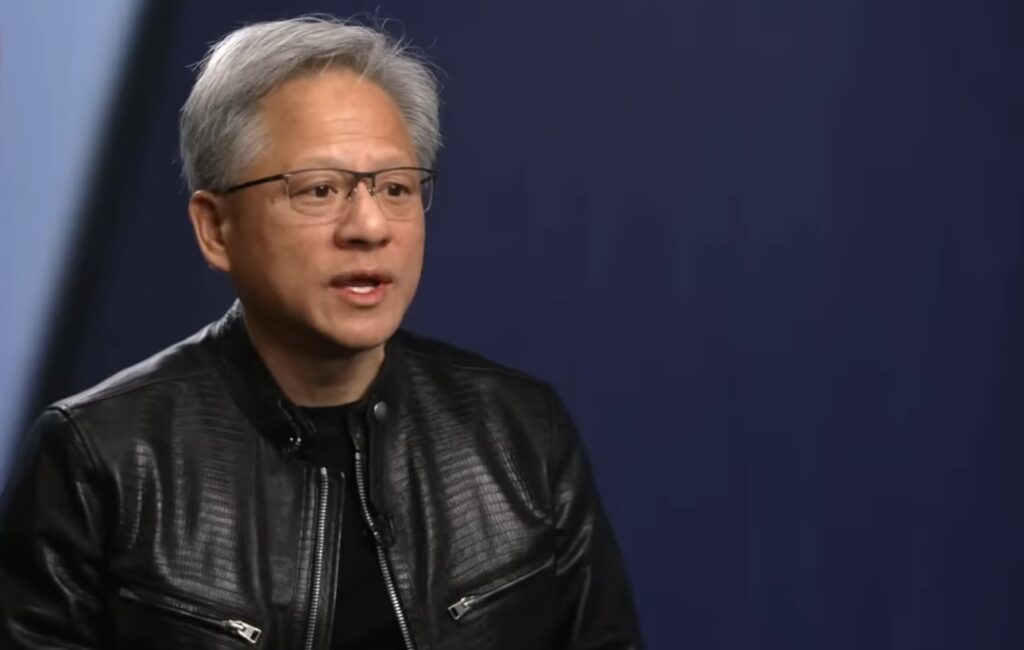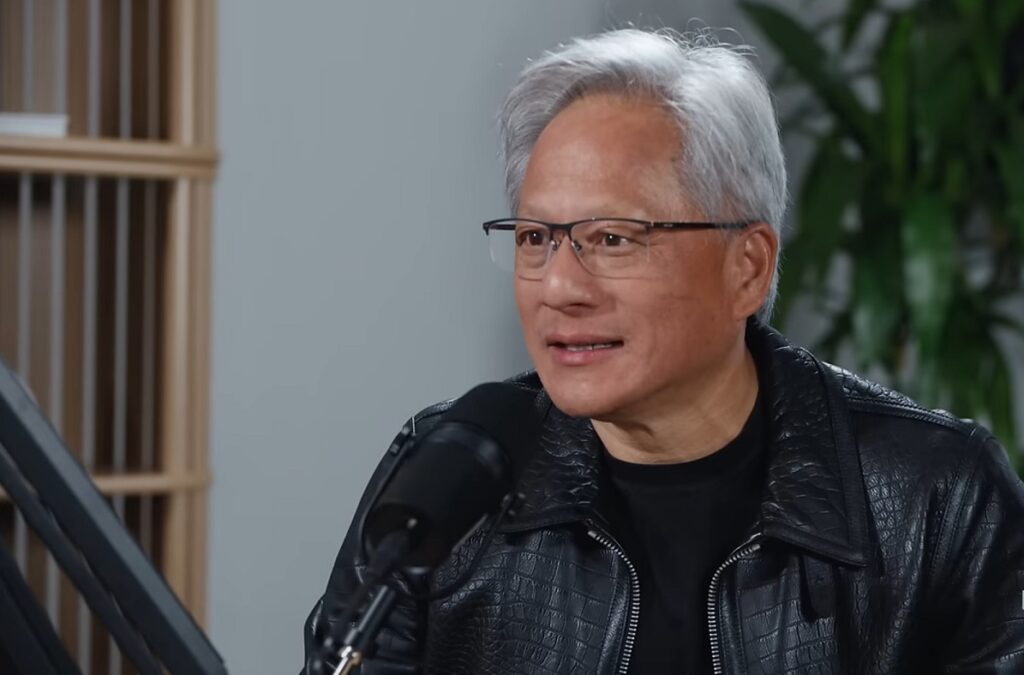
In a bipartisan move, U.S. Senators Jim Banks (R-IN) and Elizabeth Warren (D-MA) have issued a warning to Nvidia CEO Jensen Huang ahead of his scheduled visit to China, urging him to avoid meetings that could undermine U.S. chip export controls.
The letter, sent Friday, asked Huang to steer clear of companies suspected of collaborating with China’s military or intelligence agencies, and any entities listed on the U.S. export restriction list.
“We are worried that your trip to the PRC could legitimize companies that cooperate closely with the Chinese military or involve discussing exploitable gaps in U.S. export controls,” the senators wrote.
A spokesperson for Nvidia responded by emphasizing the importance of U.S. leadership in global tech standards.

“America wins when our technology sets the global standard,” the spokesperson said, highlighting that China has one of the largest software developer communities in the world. They added that AI software should perform best on the U.S. tech stack, encouraging global adoption of American technologies.
At the Computex trade show in Taipei this May, Huang publicly supported former President Trump’s decision to lift some AI chip restrictions, calling the previous rules a failure. Huang had also warned that April’s U.S. export controls on AI chips designed for the Chinese market could cut Nvidia’s revenue by $15 billion.
In the letter, the senators stressed that the export of advanced AI hardware is now under bipartisan consensus due to national security concerns. They warned that such technology could accelerate China’s military modernization.
U.S. lawmakers have recently proposed new laws requiring chipmakers to track the end use and location of their AI products. This follows a Reuters investigation, which reported that Chinese AI firm DeepSeek had aided China’s military and intelligence operations using shell companies to bypass U.S. controls.
The senators also voiced concerns over Nvidia’s growing presence in China, including the launch of a cheaper Blackwell chip version tailored for the Chinese market and the opening of a research facility in Shanghai. They argue such moves could unintentionally strengthen China’s AI and semiconductor industries.